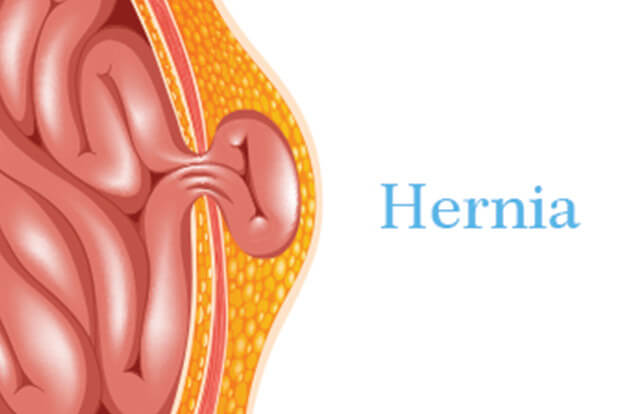Study finds changes in body organs after 7-day fast
Mon 04 Mar 2024, 23:07:53

New research published in the journal Nature Metabolism reveals that the human body undergoes notable and systematic changes across various organs during extended periods of fasting.
Conducted by scientists from Queen Mary University of London and the Norwegian School of Sports Sciences, the study highlights health benefits beyond mere weight loss, suggesting potential therapeutic applications for those unable to sustain prolonged fasting or fasting-mimicking diets.
Professor Maik Pietzner of Queen Mary University emphasizes the age-old understanding of fasting's efficacy in treating certain conditions. "Our findings have provided a basis for some age-old knowledge as to why fasting is used for certain conditions. While fasting may be beneficial for treating some conditions, often, fasting won’t be an option for patients suffering from ill health," said Maik Pietzner.
The study tracked 12 healthy volunteers who underwent a seven-day water-only fast. Throughout the fast,
researchers closely monitored daily changes in approximately 3,000 blood proteins.
researchers closely monitored daily changes in approximately 3,000 blood proteins.
Within the initial two to three days, the body transitioned its energy source from glucose to stored fat. On average, participants shed 5.7 kg of both fat and lean mass. Interestingly, post-fast weight regain occurred primarily in lean mass, while fat loss persisted.
Director Claudia Langenberg of Queen Mary's Precision Health University Research Institute underscores the effectiveness of fasting as a weight loss strategy, as well as its purported health benefits beyond mere weight management. "Fasting, when done safely, is an effective weight loss intervention. Popular diets that incorporate fasting -- such as intermittent fasting -- claim to have health benefits beyond weight loss," she said.
The findings shed light on the broader health advantages of fasting, although these effects become apparent only after three days of complete caloric restriction, a timeline longer than previously assumed.
No Comments For This Post, Be first to write a Comment.
Most viewed from Health
AIMIM News
Latest Urdu News
Most Viewed
May 26, 2020
Do you think Canada-India relations will improve under New PM Mark Carney?
Latest Videos View All
Like Us
Home
About Us
Advertise With Us
All Polls
Epaper Archives
Privacy Policy
Contact Us
Download Etemaad App
© 2025 Etemaad Daily News, All Rights Reserved.






























